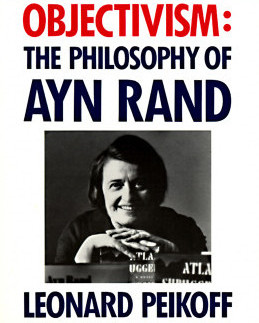An excerpt from chapter 3 on Concept-Formation from Objectivism: The Philosophy of Ayn Rand by Leonard Peikoff.
First, let us gain an overview of the nature of a conceptual consciousness. Following Miss Rand, let us begin by tracing the development in man’s mind of the concept “existent.”
“The (implicit) concept ‘existent,’ ” she writes, “undergoes three stages of development in man’s mind.”1 The first stage is a child’s awareness of things or objects. This represents the (implicit) concept “entity” The second stage occurs when the child, although still on the perceptual level, distinguishes specific entities from one another; seeing the same object-at different times, he now recognizes that it is the same one. This represents the implicit concept “identity.”
These two stages have counterparts in the animal world. Animals have no concepts, not even implicit ones. But the higher animals can perceive entities and can learn to recognize particular objects among them. It is the third stage that constitutes the great cognitive divide.
Having grasped the identities of particular entities, human beings can go on to a new step. In Ayn Rand’s words, they …
Read the rest in Objectivism: The Philosophy of Ayn Rand.
